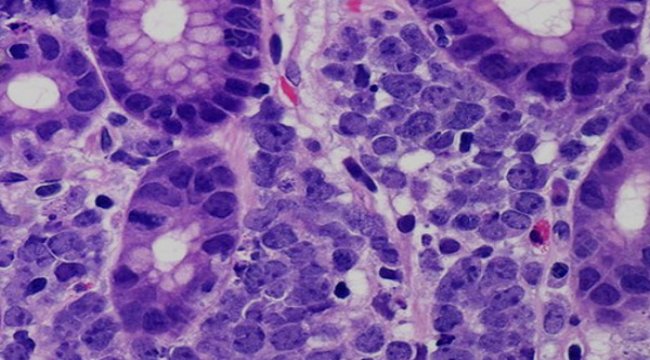B-cell lymphoma is a type of cancer that occurs in the white blood cells, which are also known as lymphocytes. Of the two types of lymphocytes, the kind that affect the way B-cell lymphoma develops are B cells, which are in charge of creating the antibodies that work to combat germs in the body. When affected by this disease, your body creates a surplus of abnormal B cells that are incapable of fighting infections and spread to other parts of the body.
Treatment is typically dependent on the type of lymphoma and the stage of the cancer. The different types of B-cell non-Hodgkin’s lymphomas are diffuse large B-cell lymphoma (DLBCL), which is the most common on in the U.S., (thymic) large B-cell lymphoma, which is a subtype of DLBCL, follicular lymphoma, which is one out of five lymphomas in the U.S., chronic lymphocytic leukemia, extra nodal marginal zone lymphoma, mantle cell lymphoma and Burkitt lymphoma.
Whatever your type is, it is important to discuss with your doctor the best treatment plan, which includes standard care or clinical trials, which offer unique treatments and procedures from medical experts that have yet to be approved for standard care. This may not be an option for everyone, but some services help patients prescreen, qualify and enroll to the most beneficial clinical trial match.
Hibya Haber Ajansı










Yorumlar
Kalan Karakter: